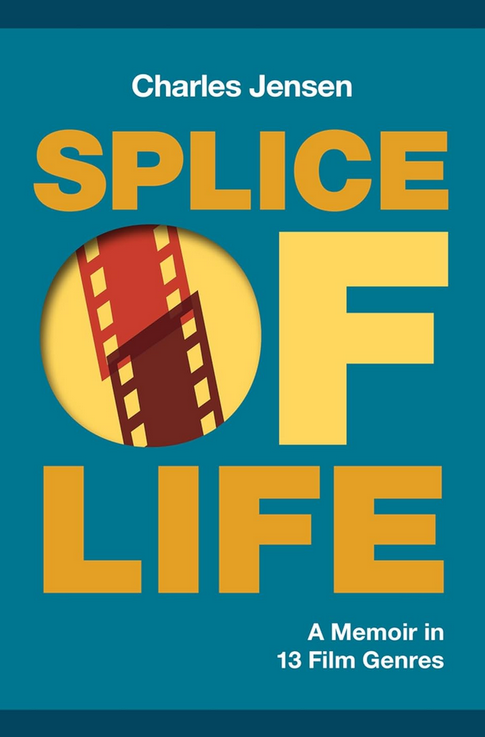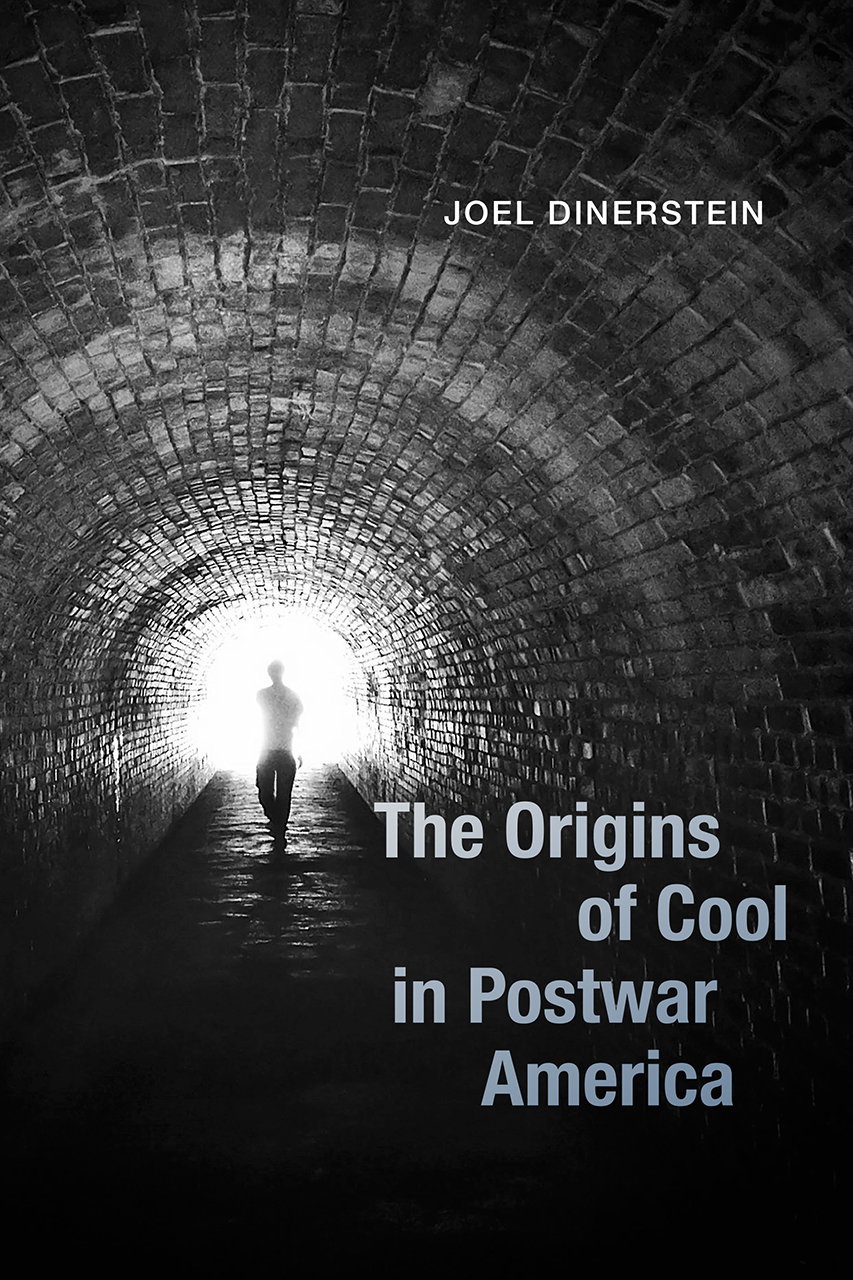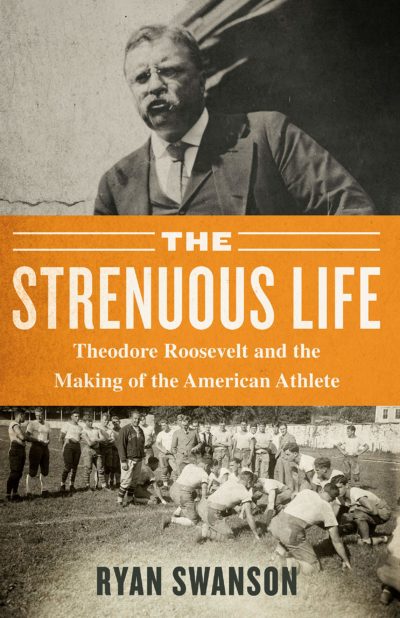Splice of Life: A Memoir in 13 Film Genres
- By Charles Jensen
- Santa Fe Writer’s Project
- 274 pp.
- Reviewed by Nick Havey
- May 28, 2024
A queer writer chronicles his life via movies, to brilliant effect.

When I was in college, my second-favorite professor and eventual thesis advisor opened her class — a film seminar — with one question: What are the movies that define you? My answers were easy: “Charlie’s Angels,” the live-action “Scooby-Doo,” “Clue,” and “Scream.” Apparently, what that said about me was that I loved camp, wigs, jump-scares, and the early 2000s.
It wasn’t wrong: To this day, I make second or third dates watch those movies to discern whether we might be a fit. Film is an excellent way to parse personality, understand experience, and find common ground. Charles Jensen understands this, and his Splice of Life takes the question and turns it into a memoir. In a dozen or so beautifully written chapters, the reader gets to know both Jensen and the movies that made him.
The book opens with “Mean Girls” (2004), a film that defined the zeitgeist of the 2000s and is still incredibly relevant in this year of “Mean Girls” redux (2024). High school, Jensen argues, is a time of life in which most people are pawns in a larger game of chess. In the movie, Cady Heron (Lindsay Lohan) is, when we meet her, innocuous and just trying to fit in. Her blank canvas of a persona is quickly weaponized by Janis Ian (Lizzy Caplan) and Regina George (Rachel McAdams). Eventually, Cady herself weaponizes her newfound popularity and position as a literal high-school (prom) queen. As she moves across the chessboard that is adolescence, she understands that, in someone’s story, she’s the villain.
In his own teenage story, Jensen isn’t not Cady Heron. He’s an unassuming white guy in the Midwest, and while his six-foot-four, cornfed stature draws attention, he mostly exists on the periphery of the cliques that populate his school. That is, until he ends up on the ballot for prom king.
“I could tell people were getting tired of it,” he writes, remembering his thinking as he shouted his “I’m going to win prom king” catchphrase at anyone who would listen, “but I just couldn’t stop.” He, of course, does win, like Cady (splitting the popular vote), and realizes something: He, too, might just be the villain in somebody else’s story.
We are the editors of our own lives, Jensen reminds us, and he has so deftly (sorry) spliced together some of the more notable passages of his life with film criticism that you forget you’re reading, for example, about a very real murder as you hear about his first serious boyfriend. Here, Jensen — apart from his role as a poet, thriller writer, and culture critic — is your best friend as he recounts the plot of a favorite movie and how it totally applies to that guy you’re absolutely sick of talking about.
Throughout the chapters, which include Jensen’s erasure poetry, are clever references to the cultural touchpoints surrounding each film (hello, Scissor Sisters, as a prelude to Jensen exploring his relationship to his mother and hers to her queer kid). With its obvious but elevated take on Wes Craven’s horror masterpiece “Scream” and other movies, Splice of Life reads more like a syllabus of queer life through cinema than it does a memoir. And that’s why it’s successful.
Is Jensen’s retelling of his audition and subsequent appearance on “Jeopardy!” explicitly relatable? Maybe — if you’re one of the lucky few selected each year to visit the hallowed Alex Trebek Stage in Culver City — but probably not. And neither is the choreographed dance scene in “She’s All That” that Usher leads at the prom. But Jensen’s adept analysis of “The Hunger Games” as he dissects his own run and eventual loss on the trivia show offers the reader the very real advice that to be a victor (in life and in games) requires heart. But not too much.
Like good filmmaking, Jensen’s writing is vulnerable. His juxtaposing of “The Descent,” the best horror film set in a cave, alongside the death of his ex, is a touching reminder that the only way out of something is through it. He writes, upon learning that his ex-boyfriend (who’d been suffering from a series of harrowing medical diagnoses) has killed himself:
“The moment that followed had a shape
It grew like a bulb of blown glass, hot and molten and unstoppable
I took in air. My chest clenched like a fist”
Like the feeling he describes, Jensen’s writing is hot and molten and unstoppable. Splice of Life moves at breakneck speed and offers glimpses of a well-lived life — and a carefully curated personality — reflected via film. As the director, producer, and star of his memoir, Jensen has made painstaking choice after painstaking choice, deciding what to cut and what to keep. The end product is nothing short of a cult classic.
Nick Havey is director of Institutional Research at the American Association of Colleges of Nursing, a thriller and mystery writer, and a lover of all fiction. His work has appeared in the Compulsive Reader, Lambda Literary, and a number of peer-reviewed journals.

